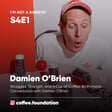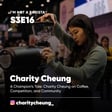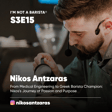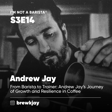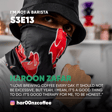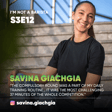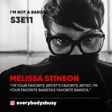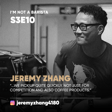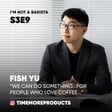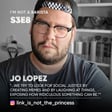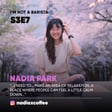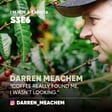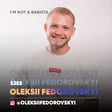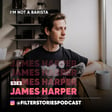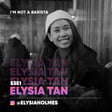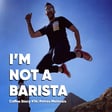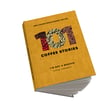
#13. Meet Ashley Rodriguez, the boss barista 🇺🇸
This episode is about Ashley Rodriguez, a long time #barista turned freelance writer and podcast host of Boss Barista. In this episode, we talked about her barista experience, how she started the Boss Barista podcast; Ashley also shared her tips on how to become a coffee writer, how to balance your work life, and much more.
--
Moving from city to city in hopes of finding the perfect coffee shop, Ashley has elected to harvest her love for coffee by starting the Boss Barista podcast some four years ago. The show allows her to consider her experiences as a barista but also relate them to larger problems within our current coffee community, never hesitating to take a different direction every episode!
A true supporter of her community, Ashley strongly believes in supporting local businesses and providing smaller roasters and baristas with her platform so that they can be heard. With a similar mission to us at I’M NOT A BARISTA, Ashley isn’t afraid to ask the hard hitting questions and brings “taboo” topics to the table, such as tipping, health insurance, and salary amongst other things.
She has made a point of telling us that anyone with questions about freelance writing and podcasting should email her if they need help getting their foot in the door! To read more about her podcast, her experiences, and her career path, make sure to read her coffee story on our website and listen to our podcast episode with her!
You can check Boss Barista's website
http://bossbarista.com
Instagram
https://www.instagram.com/bossbaristapodcast/
You can also support her podcast on Patreon now
https://www.patreon.com/bossbarista
Read more coffee stories on
https://notabarista.org/
Order Coffee Wristbands and support I'M NOT A BARISTA's charity work
https://notabarista.org/product/notabarista-coffee-wristbands-2023/
